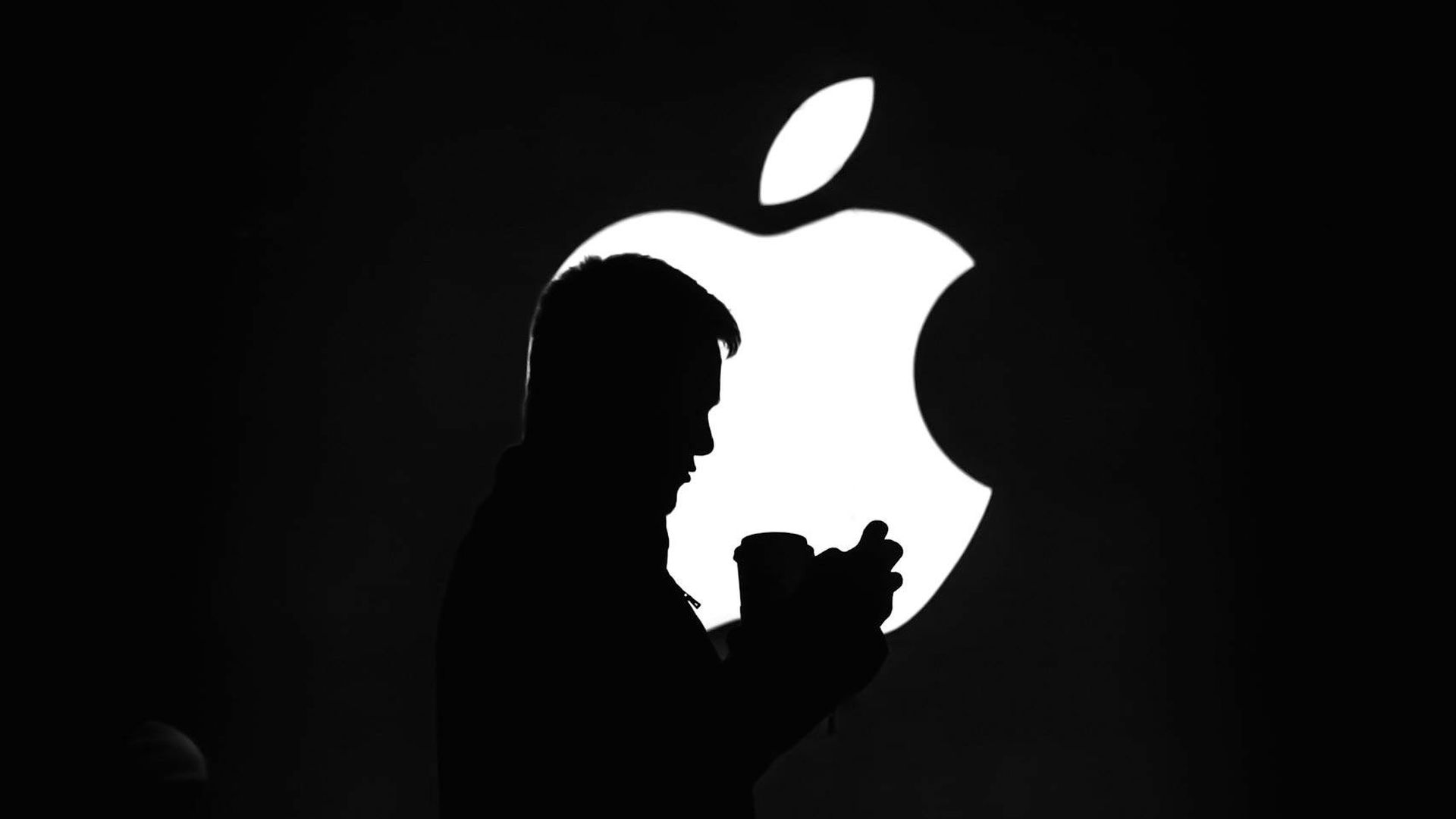Ireland’s special treatment triggers Apple’s €13 billion historic tax fine

Apple’s €13 billion ($14.4 billion) tax fine is one of the largest and most significant cases in European Union (EU) tax law history. The fine was imposed by the European Commission (EC) in 2016, which accused Apple of receiving illegal tax benefits from Ireland, allowing the company to pay a dramatically reduced tax rate for nearly two decades. This ruling has had major implications for EU tax policy, corporate governance, and competition law. But first, let’s understand how it all began.
Road to Apple’s €13 billion historic fine: The unusual tax arrangement in IrelandThe issue started with Apple’s European operations. For many years, Apple ran its European business through two Irish subsidiaries, Apple Sales International (ASI) and Apple Operations Europe. These companies handled sales for Apple products across Europe, but despite huge profits, Apple was paying an incredibly low tax rate in Ireland—sometimes as low as 0.005%.
This was possible because Apple had an unusual tax arrangement with Ireland. Apple set up a “head office” in Ireland that existed only on paper, meaning it had no staff or physical presence. Most of Apple’s European profits were assigned to this head office, which allowed the company to avoid paying taxes on those profits in Ireland or anywhere else.
 (Credit)
The European Commission’s investigation
(Credit)
The European Commission’s investigation
In 2014, the European Commission (EC) began looking into this tax setup. They found that Ireland had given Apple an unfair advantage by allowing it to pay such low taxes. The EC called this an “illegal state aid,” which means a country giving a company special treatment that other businesses don’t get. This breaks the European Union’s (EU) rules, which are designed to prevent unfair competition.
In 2016, the EC ordered Apple to pay back €13 billion in taxes to Ireland. They said this was the amount Apple should have paid from 2003 to 2014 if it hadn’t received special treatment.
In 2020, a lower EU court sided with Apple and Ireland, ruling that the European Commission had not proven that Apple received an illegal tax advantage. This was a big win for Apple, and the fine was put on hold.
However, in 2023, the European Court of Justice (ECJ), the highest court in the EU, overturned that lower court ruling. The ECJ ruled that Apple did, in fact, receive illegal tax benefits from Ireland and must pay the €13 billion in back taxes.
The court now confirmed that Apple’s arrangement with Ireland gave it an unfair advantage over other companies, violating the EU’s rules on state aid. This means Apple must now repay the full amount, even though it had hoped the previous ruling would stand.
EU competition chief Margrethe Vestager said Apple had paid much less tax than other companies for years, giving them an unfair advantage over competitors in Europe, and said, “Today is a big win for European citizens.”
"Today is a big win for European citizens and for tax justice.
The Court of Justice confirms that Ireland granted Apple unlawful aid which Ireland now has to recover, and the Commission's decision in the Google Shopping antitrust case."
— Executive Vice President @vestager pic.twitter.com/1Fko0F66S2
— European Commission (@EU_Commission) September 10, 2024
Apple and Ireland fight backApple disagreed with the EC’s decision and appealed the ruling. Apple argued that it had followed the laws in every country where it operates and that it had paid all the taxes it legally owed. Apple claimed that the case wasn’t about how much tax they owed, but which country had the right to collect those taxes. They argued that most of their profits came from intellectual property developed in the U.S., not Ireland, so the U.S. should tax those profits.
Ireland also appealed the decision. The Irish government argued that it did not offer Apple any special treatment and that the European Commission was interfering with their right to set their own tax policies. Ireland has long been known for its low corporate taxes, which attract many multinational companies, so the government was worried about losing its reputation as a business-friendly country.
Why Apple’s €13 billion fine matters- Huge scale: The €13 billion fine is one of the largest ever in a tax case. It shows that the European Commission is serious about making sure big companies pay their fair share of taxes.
- Impact on Ireland’s Tax Policies: The case puts Ireland’s tax policies under the spotlight. Ireland’s low tax rates have attracted many multinational companies, but this ruling suggests that the EU won’t tolerate deals that give companies like Apple special benefits.
- Tech companies under scrutiny: Apple’s case is part of a larger movement in Europe to crack down on big tech companies. Other companies, like Google and Amazon, have also faced investigations into their tax practices. This ruling shows that the EU is ready to take strong action against companies that it believes are avoiding taxes.
- Setting a precedent: The decision could lead to similar rulings for other companies that have benefited from low-tax regimes in the EU. It sets a legal precedent that will make it harder for countries to offer special tax deals to big corporations.
Apple expressed its disappointment with the latest ruling. The company insists that it has always paid all the taxes it owes. Apple also says that it has never had any special deal with Ireland and argues that this case is really about which country should tax its profits, not whether it owes taxes.
“This case has never been about how much tax we pay, but which government we are required to pay it to. We always pay all the taxes we owe wherever we operate and there has never been a special deal.”
-Apple said in a statement after the ruling
What’s next for Ireland?Ireland also downplayed the importance of the ruling. The Irish government repeated that it didn’t give any company special treatment and said that the issues in this case are “of historical relevance” only, meaning that it doesn’t think this will affect its current tax policies or future investment in the country.
Featured image credit: Eray Eliaçık/Bing
